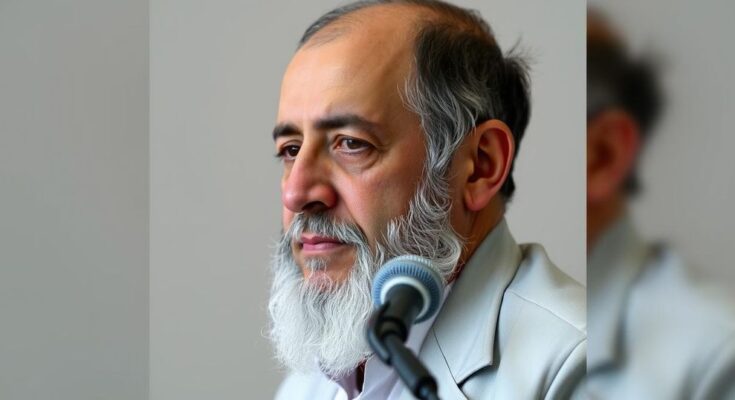Italy has released Iranian citizen Mohammad Abedini, wanted by the US for a drone attack in Jordan that killed three American troops. His release came after Italian authorities cited discrepancies between US and Italian law regarding the charges against him. The case also involved the release of journalist Cecilia Sala, which was linked to diplomatic negotiations between Iran, Italy, and the US.
On Sunday, Italy announced the release of Iranian citizen Mohammad Abedini, who was sought by the United States in connection with a drone attack that resulted in the deaths of three American servicemen in Jordan last year. Abedini, who has since returned to Iran, was initially detained under a US warrant in December 2022. His case garnered attention as he was scheduled to appear in Milan court for proceedings concerning his potential extradition to the US.
The Italian justice ministry indicated that the charge filed against Abedini, which pertains to violations of the International Emergency Economic Powers Act, does not align with conduct deemed criminal under Italian law. Furthermore, the ministry asserted that extradition under Italy-US treaties necessitates that transgressions be prosecutable under both jurisdictions—a criterion not satisfied in Abedini’s situation.
Prior to his release, speculation arose regarding the detention of Italian journalist Cecilia Sala, who had been in Iran around the same time as Abedini’s arrest. Official reports suggest that her release was intricately linked to diplomatic negotiations between Iran and Italy, with US interests playing a significant role. Italian Prime Minister Giorgia Meloni acknowledged the complexity of these negotiations, highlighting a “diplomatic triangulation” involving the United States and Iran.
The incident revolves around the allegations against Mohammad Abedini, who is accused by the US of providing drone technology utilized in a deadly attack on a US military outpost in January 2024. The case reflects ongoing tensions between the US and Iran, particularly concerning matters of national security and international law. The legal framework surrounding extradition treaties between Italy and the US is also critical, particularly in elucidating the challenges of prosecuting individuals across different jurisdictions. This incident has further implications on diplomatic relations, especially in the context of hostage negotiation and bargaining strategies.
The release of Mohammad Abedini underscores the complexities of international law and diplomacy, particularly with extradition treaties that hinge on mutual legal recognition of crimes. The intertwined fates of Abedini and Cecilia Sala expose the underlying geopolitical tensions and the delicate negotiations that contribute to international relations. This case exemplifies the intricate balance nations must navigate when addressing crimes that span international borders.
Original Source: www.theguardian.com




